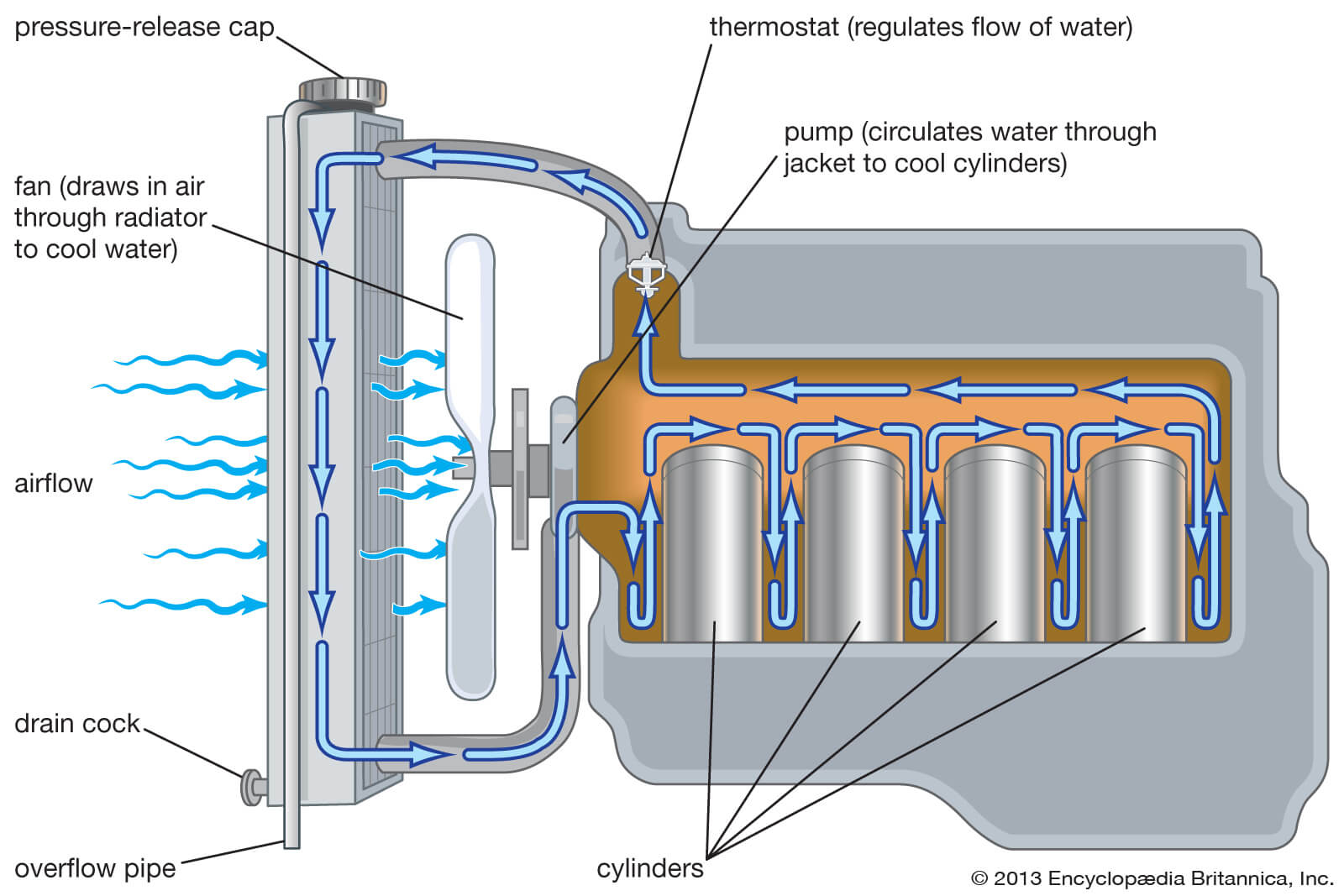How to choose your Engine Oil?
There’s no life without automobiles – almost everyone
has access to vehicles, be it a car, motorbike, jeep, bus,
or truck, people avail either of these according to their
expenses. No work is done without automobiles these
days which highlights its importance. Everything that
works, needs a booster to work effectively and therefore,
the vehicles need lubrication regularly at intervals to
work efficiently. Every vehicle’s engine is designed
differently from one another and therefore, each vehicle
requires its own type of engine lubricant which is to be
found out by the person who owns it. It is really
necessary to pick the right type of oil for your engine to
make it work smoothly.


HOW IS OIL PURPOSEFUL FOR ENGINES?
People spend huge sums to buy vehicles and they definitely would not want to ruin their engines by using low quality oils or oils that are not suitable for them, it would be idiotic to use low quality oils in order to save money, this would only damage the engine which would result in a greater loss, the irony of this situation is quite obvious. The oil is intended to lubricate the moving parts of an engine as the movable parts of an engine are in continuous and persistent friction. The oil/lubricant, therefore reduces friction which, if not examined, would be prone to increase part wear. The By-products that the engine combusts off contaminates the engine oil, one of the by-products is the energy lost in the process of combustion resulting in heat which causes the temperature of engine to rise.

CLEANING
During the process of combustion, it gives off heat and
some other residues that are harmful for the functioning
of the engine. The engine oil, therefore is contaminated
by these residues and once they start depositing
themselves in the engine, it may be clogged which would
result as a hindrance in the performance of the vehicle.
If it is left unhandled, it would settle down in the areas of
engine which are hard to clean. Furthermore, it adds
extra load on your engine.

COOLING:
Heat is one of the by-products of combustion which
tends to increase the temperature of engine as there is
friction between the mechanical parts. The use of
lubricant, however can work as a coolant for certain
areas of the engine. This would help in normalizing the
engine temperature.
SEALING:
Oil is considered to be useful for engine in many ways. It
works as a barrier against contaminants as it keeps the
engine sealed. The seal oil creates between piston rings
and cylinder walls provides compression and does not
allow any sort of contaminants or dust to enter the
engine. Changing oil regularly should be a must for the
protection of your engine.

WHAT ARE THE MAJOR BENEFITS OF ENGINE OIL?
Oil is beneficial for engine in so many ways, it’s like the engine would have died without the oil. It serves as a protection for engine and improve its functioning.
Guarantees longer durability – when the parts of the engine are fully lubricated and cleaned, the performance is enhanced and the friction between the parts is reduced. Consequently, the engine halts itself from blockage resulting in effective and efficient performance. Due to frequent lubrication, the mechanical parts of the engine last longer and are prevented from wearing down, ensuring engine’s longer lifespan. The proper running of engine – the engine when oiled works better and avoids damage. The quality of the lubricant matters a lot and if both, the quality and the quantity are good it affects the cost of maintenance. Utilizes fuel consumption – as mentioned above, the quality as well as the quantity of the oil should not be compromised as it plays an important role in the consumption of fuel. The oil when used in excess amount
or if its level is too low can increase fuel consumption. Therefore, using a high-performance oil can help in preventing the increased use of oil. Lessens the release of CO2 – during the process of combustion, the carbon from fuel, emerges with oxygen from the air and gives off carbon dioxide (CO2) as a byproduct. Other than CO2, the typical by-products of combustion are; nitrous oxides, particulates, water vapors and some other contaminants. If incomplete combustion occurs, one of the deadliest toxin, carbon monoxide (CO) is produced which is highly noxious for
health and should not reach out to the environment. That is why it is advisable to use high-maintenance oil in order to lessen CO2 emissions and other polluting discharges.
HOW MANY TYPES OF ENGINE OILS ARE THERE AND WHICH ONE IS SUITABLE FOR YOUR VEHICLE?
Choosing a right type of oil for your vehicle’s engine might be a challenging task but if you understand your vehicle and the environment it might help you in selecting the perfect oil for your car/motorbike. Different types of oils are available as per engines requirement and suitability. It is of immense importance to choose an oil that not only suits your vehicle but also suits your climatic conditions. You can choose an oil for your engine by checking out its fluidity and viscosity. For example, thin oils have lower viscosity which are easily poured in low temperatures and helps in reducing friction so that the engine starts quickly in cold weather. On the contrary, thick oils have higher viscosity and they’re more likely suited for hot weather. 0W-20W and 5W-30 oils are suitable for colder climates whereas, 15W-40 and 20W-50 are designed for engines that are in hotter climate. Therefore, it is necessary to understand the area you’re living in, in order to choose right oil. You can check your vehicle’s handbook for better understanding of the engine.

SYNTHETIC OILS
Synthetic oil is a man made production of lubricant that contains artificial chemical compounds. They are made from petroleum components which are chemically modified although, the base material is distilled crude oil. Comparatively, synthetic oil is expensive than mineral oil, its cost is twice the conventional oil but it offers a number of benefits including;
• Stable viscosity
• Longer lifespan
• Optimized fuel consumption
• Minor formation of deposits
Synthetic oils are basically designed for high performance engines such as, BMW, Mercedes Benz, and Audi. Some Hondas and Toyotas vehicles also require synthetic oils.

